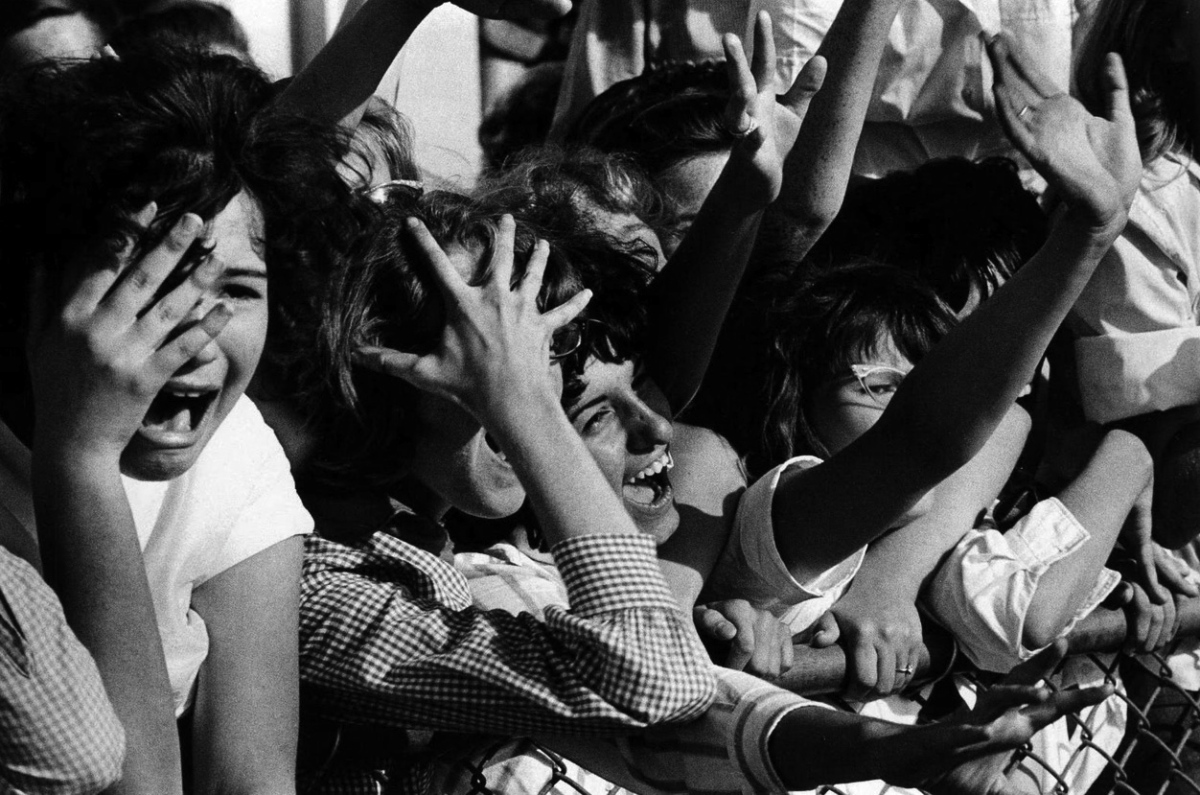4 Spontaneous Brands that Changed the World
There are brands that simply sweep through the world and conquer everyone. We are instantly captivated by them, forming a deep emotional bond. This kind of resounding success is nearly impossible to deliberately create; in fact, it often arises from brands that experts dismiss. We a call them "spontaneous brands."
Most successful brands are built through hard expert work, efforts, and effective communication. Yet, there are exceptional cases that are particularly intriguing. These brands shed light on a fact that no expert should ever forget: the final word is always spoken by the consumers. Without them, a brand can never truly succeed.
Princess Diana
Princess Diana swiftly became an iconic figure worldwide, thanks to her exceptional style, personality, and fearless disregard for age-old royal conventions. She was the first within the royal family to give birth in a hospital and personally send her children to school. She openly spoke about her personal struggles and dedicated a significant portion of her resources, afforded by her esteemed position, to charitable causes. Millions adored her, and she continues to be regarded as one of the greatest female role models in popular culture to this day.
Princess Diana swiftly became an iconic figure worldwide, thanks to her exceptional style, personality, and fearless disregard for age-old royal conventions. She was the first within the royal family to give birth in a hospital and personally send her children to school. She openly spoke about her personal struggles and dedicated a significant portion of her resources, afforded by her esteemed position, to charitable causes. Millions adored her, and she continues to be regarded as one of the greatest female role models in popular culture to this day.
The situation posed a real threat of making the royal household unpopular or even causing its collapse. Tony Blair, the Prime Minister at the time, went to great lengths to persuade the Queen that, despite the facts, Diana represented the British royal family in the hearts of the people. In his famous speech, he referred to her as the "People's Princess." This expression was incredibly fitting as it highlighted that, regardless of circumstances, power, influence, or wealth, people choose their own symbols and idols who often possess far greater strength than those handed to them. Eventually, the Queen yielded to the pressure, and Princess Diana was bid farewell with the dignity befitting a member of the royal family, accompanied by a crowd of millions.
2. Star Wars
When George Lucas completed filming his first Hollywood movie, "American Graffiti," he immediately began working on his long-cherished science fiction idea. His contract obligated him to offer his next film to Universal Pictures. However, the film studio deemed his war-themed sci-fi concept as foolishness. During that time, science fiction was considered dead, and war films were also considered undesirable. Combining war and sci-fi seemed like a marketing nightmare. Moreover, the $10 million budget for "Star Wars" was terrifying, as no sci-fi film had ever grossed over $10 million before, and movies with "war" in their title made a maximum of $7 million. The marketers had no idea how to sell such a film or build it into a brand. Little did they know, it would organically build itself without their interference.
The film eventually found success because the head of Fox, Alan Ladd, believed in Lucas. Although he didn't fully understand the story, he adored Lucas' previous film and placed his trust in him. Lucas was lucky that not a lot of people believed in him initially and it paved the way for him to become the wealthiest film director in the world. Instead of asking for money from the film, he requested the rights to sequels and merchandising—the rights to associated products. This was a groundbreaking move, as Hollywood had seen little revenue generated from film-related merchandise before, and few saw the potential for sequels.
Today, Star Wars is regarded as the creator of film industry branding. Since Star Wars, Hollywood no longer aims to create just films but brands that infiltrate every aspect of our lives, creeping into our bedrooms, our everyday routines. They are present on beddings, watches, walls, children's backpacks, and everything else.
Recognizing its immense potential, Disney's acquisition of the franchise for $4 billion was not a gamble but a strategic move. They weren't solely purchasing film rights or ownership; they coveted the entire franchise itself. This staggering sum was effortlessly generated by the success of The Last Jedi alone.
Star Wars is perhaps the most powerful brand in film history, one that people choose for themselves, not one that Hollywood forced upon them.
3. Harry Potter
In the cold and rainy Scotland of 1994, a single mother and unemployed teacher spent her days in a café with her daughter. They lived a rather difficult life, but the woman had a passion for storytelling and entertained her daughter with tales of a young wizard. As they sat in the café, she transformed the story into a novel, hoping that someone might publish it.
The finished book was then sent to several publishers, but they deemed the story complex and unsellable, unable to determine its target audience, and therefore predicted no financial success. Eventually, a literary agent in London managed to sell it to the 13th publisher for approximately $4,000. J.K. Rowling, who had taken on a teaching job in the meantime, was overjoyed, although she knew that she couldn't rely on writing as a means of living. Like the publishers, she was wrong. The Harry Potter story propelled her to worldwide stardom and, almost incidentally, made her the highest-earning author of all time. Her earnings far surpassed one billion dollars.
The story itself, along with the author, has become a brand that can sell almost anything from Japan to Singapore, from Lisbon to Berlin. Whether it's movies, stage productions, t-shirts, candies, or even any other book written by J.K. Rowling, this brand holds tremendous value. This fact exemplifies the true value of the brand and its immense worth.
When Rowling decided to test herself in the realm of adult literature, she published a story under a pseudonym, but it went unnoticed by readers. Then, the news leaked that she was the actual author, and the book instantly became a bestseller. Her name, synonymous with the Potter saga, became a guarantee of success for every publication. The author later made public the rejection letters she received from publishers for her adult book. Among other things, these letters suggested to the (already a billionaire) author that she should attend a writing course.
Harry Potter has emerged as a beloved brand, organically embraced by the masses. While experts may have initially overlooked its originality and charm, readers recognized its true brilliance.
4. The Beatles
Dick Rowe, the renowned director of Decca Records, is remembered for one of the most significant misjudgments in music history. When a guitar band of boys from Liverpool was introduced to him, it failed to captivate his attention, despite his reputation as a leading expert in popular music and branding. Legend has it that he famously rejected them with the following words:
"I don't like their sound, and guitar groups are on their way out."
However, the youth who purchased music saw it differently; they believed it was just the beginning. The story of The Beatles was not merely a success; it was an era, a shock, or rather a hysteria. It was a phenomenon the world had never witnessed before.
The Beatles lads were treated like celestial beings, causing fanatical girls to faint and suffer hysterical fits at the sight of them. The situation was so intense that there was a constant threat that the fans might tear them apart.
The Beatles became the pioneering force behind musical branding.
The Power of Emotions
These stories reveal that the greatest brands of the future, the ones that shape new eras, often emerge from unexpected places. Consumers fall in love with them for aspects that did not exist in the past. They contain something novel that excites people, even if it doesn't necessarily appeal to market-savvy experts.
These spontaneously emerging brands become far more powerful than the average ones because they are built on love and intense emotions. As Kevin Roberts, former CEO of Saatchi & Saatchi, expressed: "Successful brands don't have trademarks; they have lovemarks." They create a profound emotional bond that often transcends qualities, rights, and objective factors, instead relating to the perception or image consumers desire to see in the brand.
That's precisely why it is incredibly challenging to identify revolutionary novelties.
Selected Works
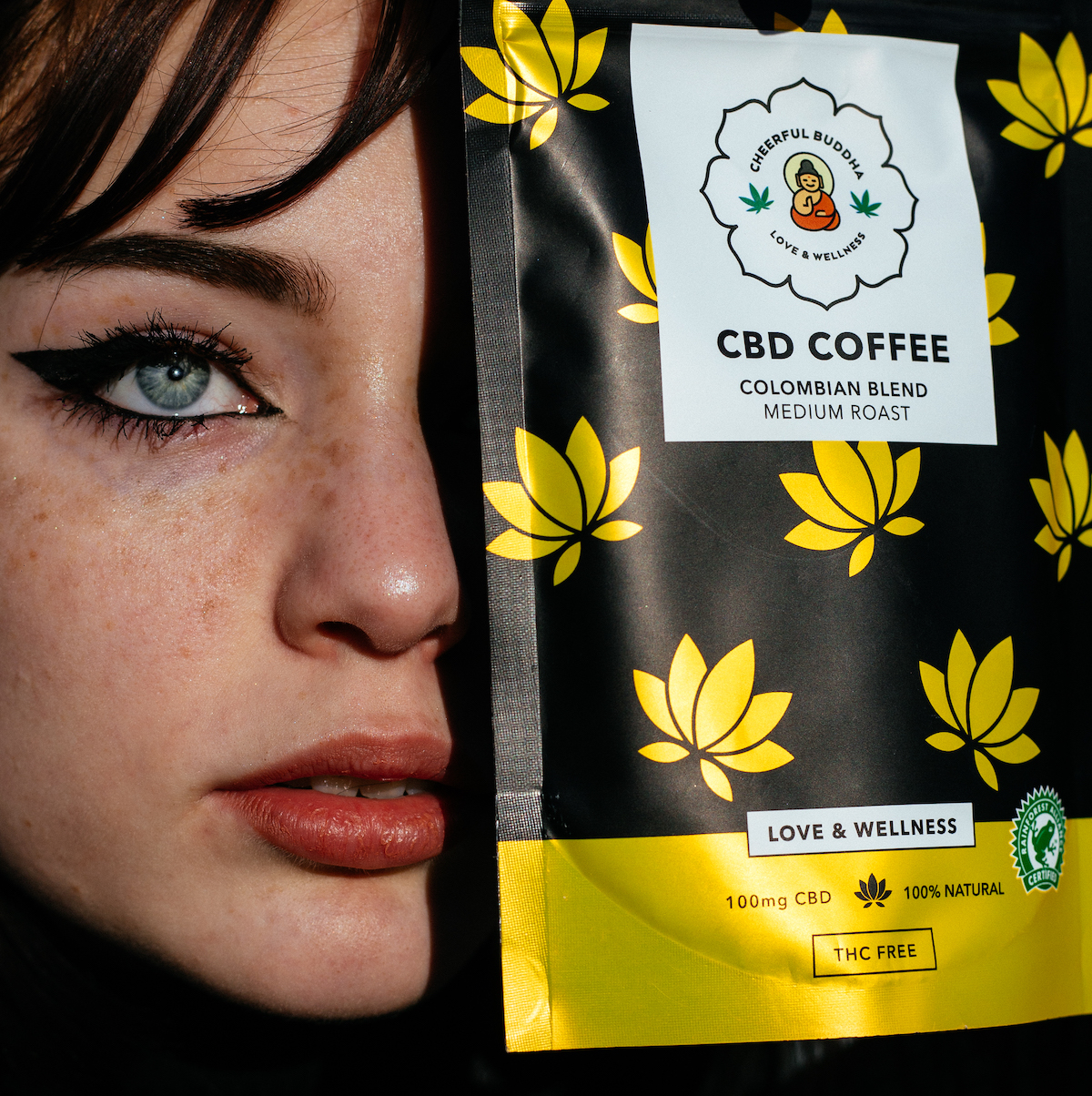
Cheerful BuddhaProduct Photography

CalicoProduct Photography

Mighty BalanceProduct Photography

Bo-hemProduct Photography

NetprinterProduct Photography

Little Green FactoryProduct Photography

NovafamPackaging Design
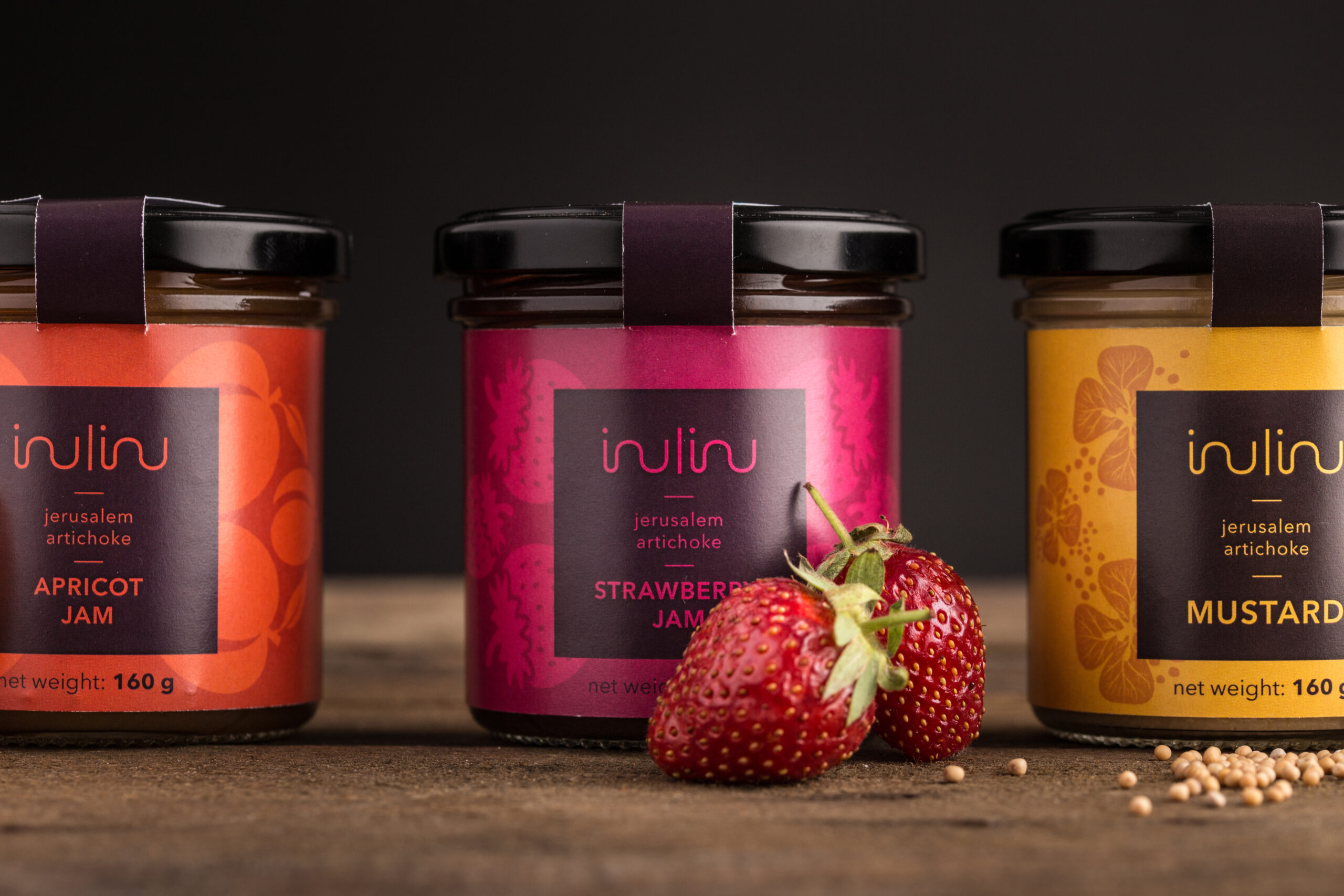
InulinuPackaging Design
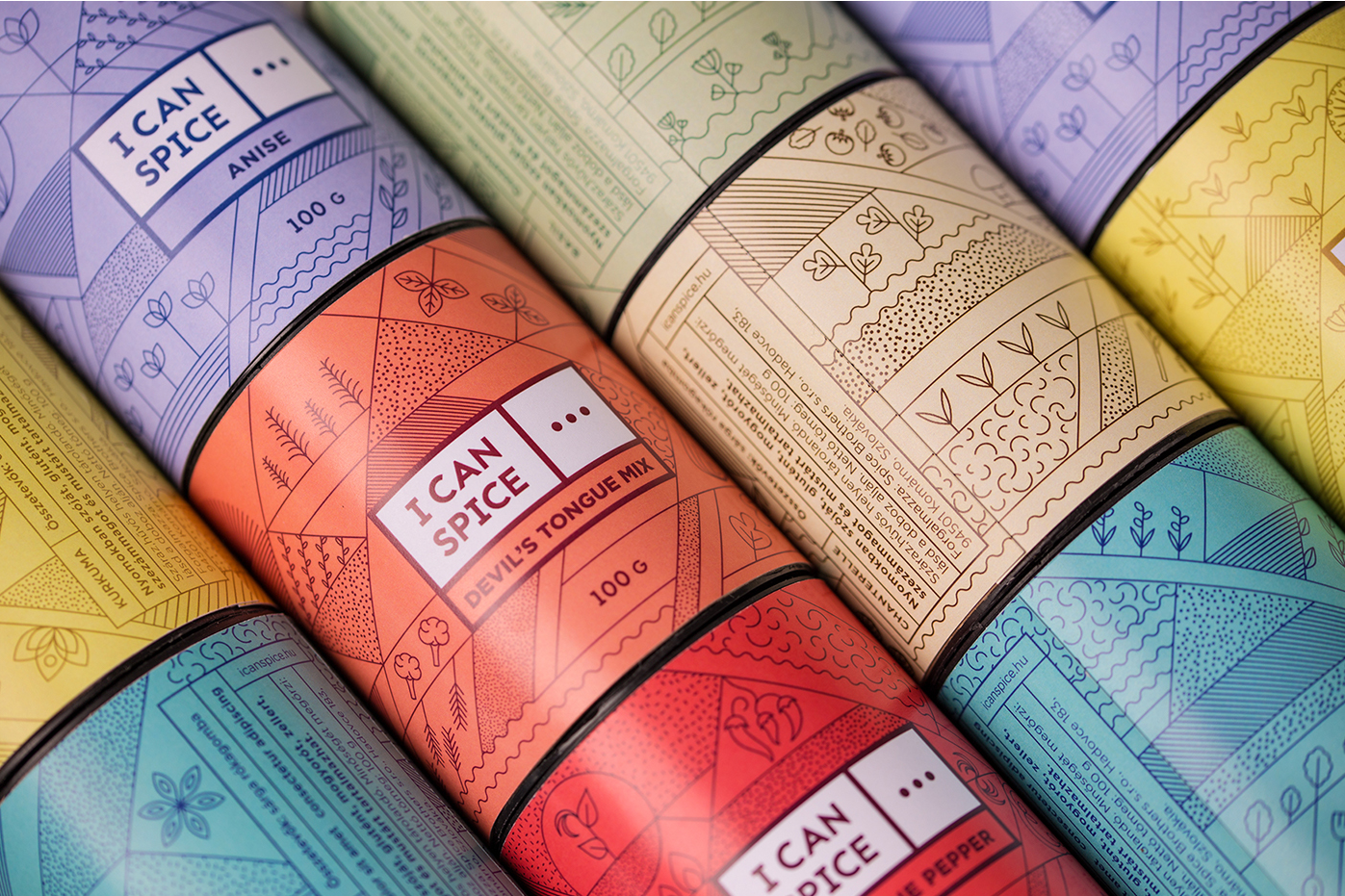
I CAN SPICEPackaging Design

CalicoPackaging Design
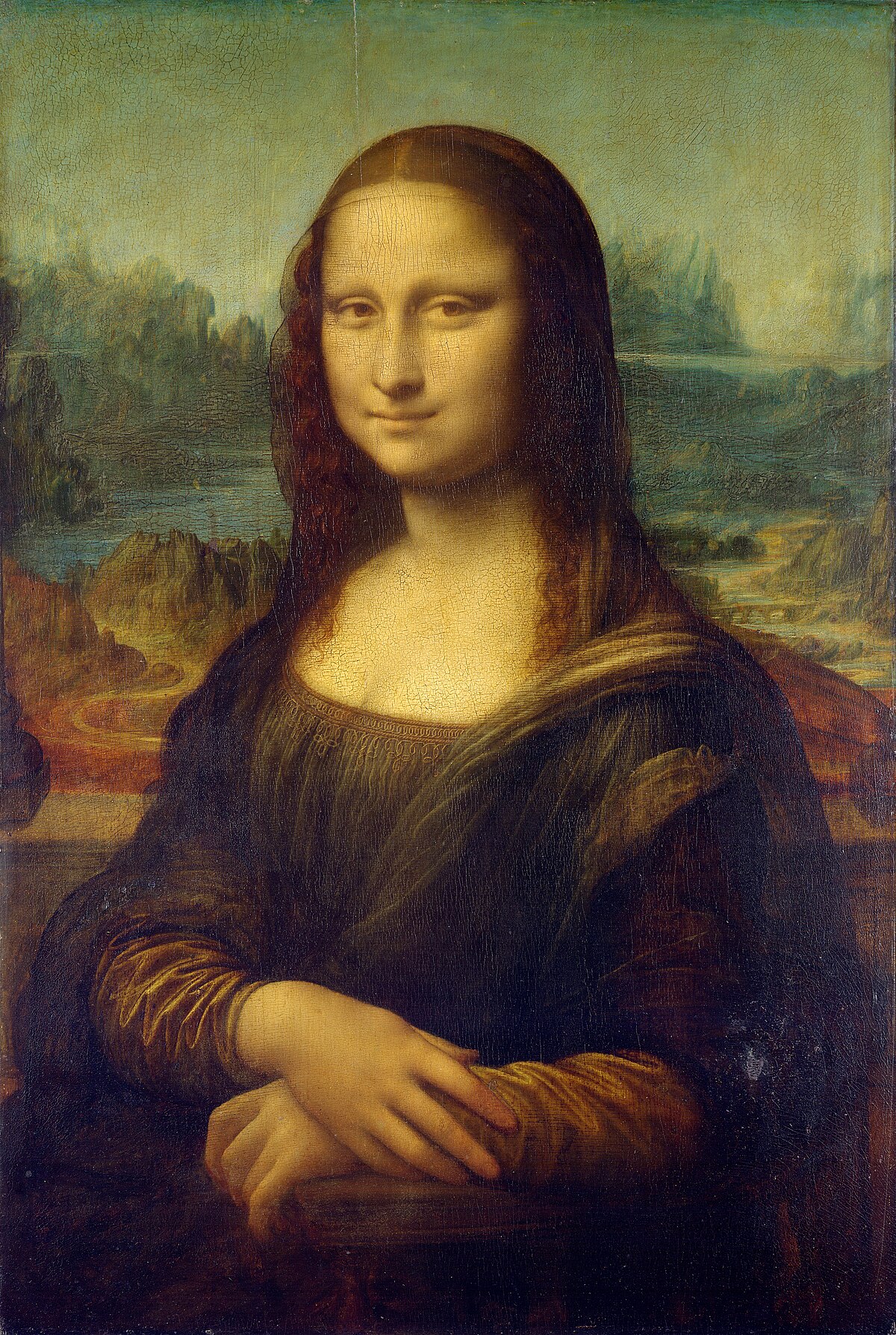
Why is the Mona Lisa beautiful?Branding
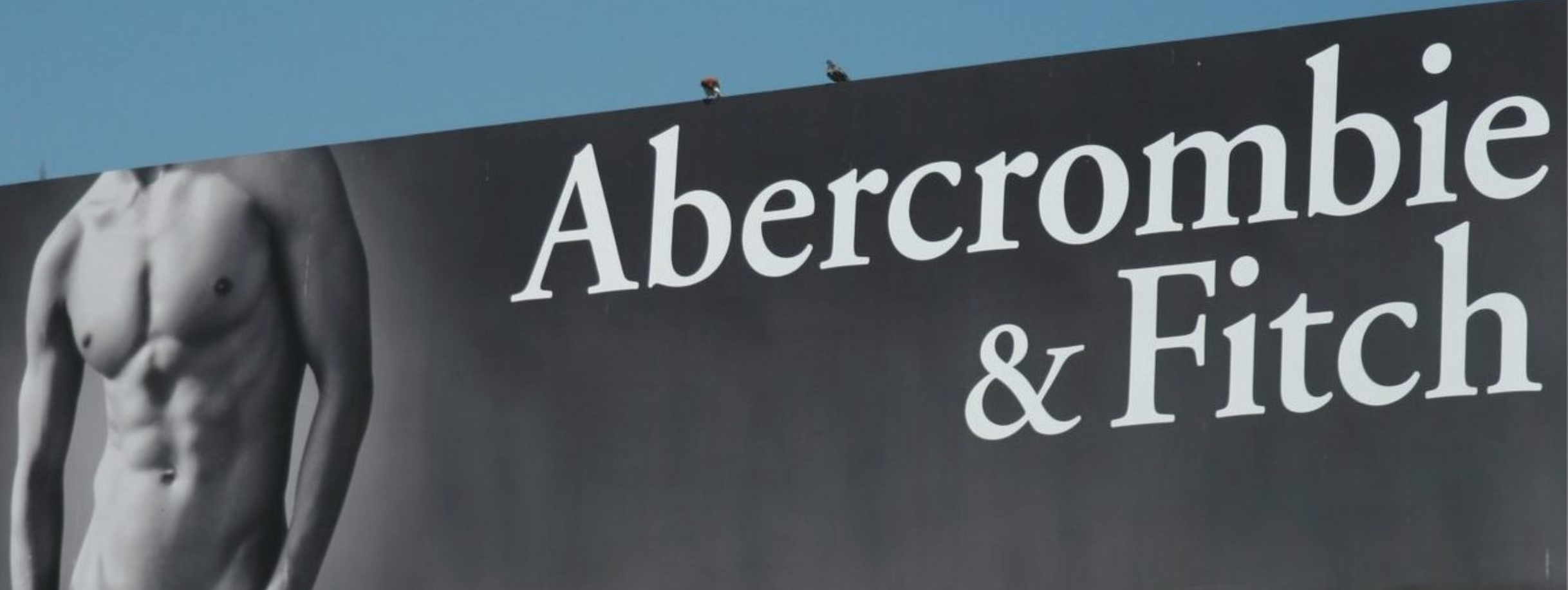
How can a rebranding be successful?Project type

The logo is NOT a brand identityBranding
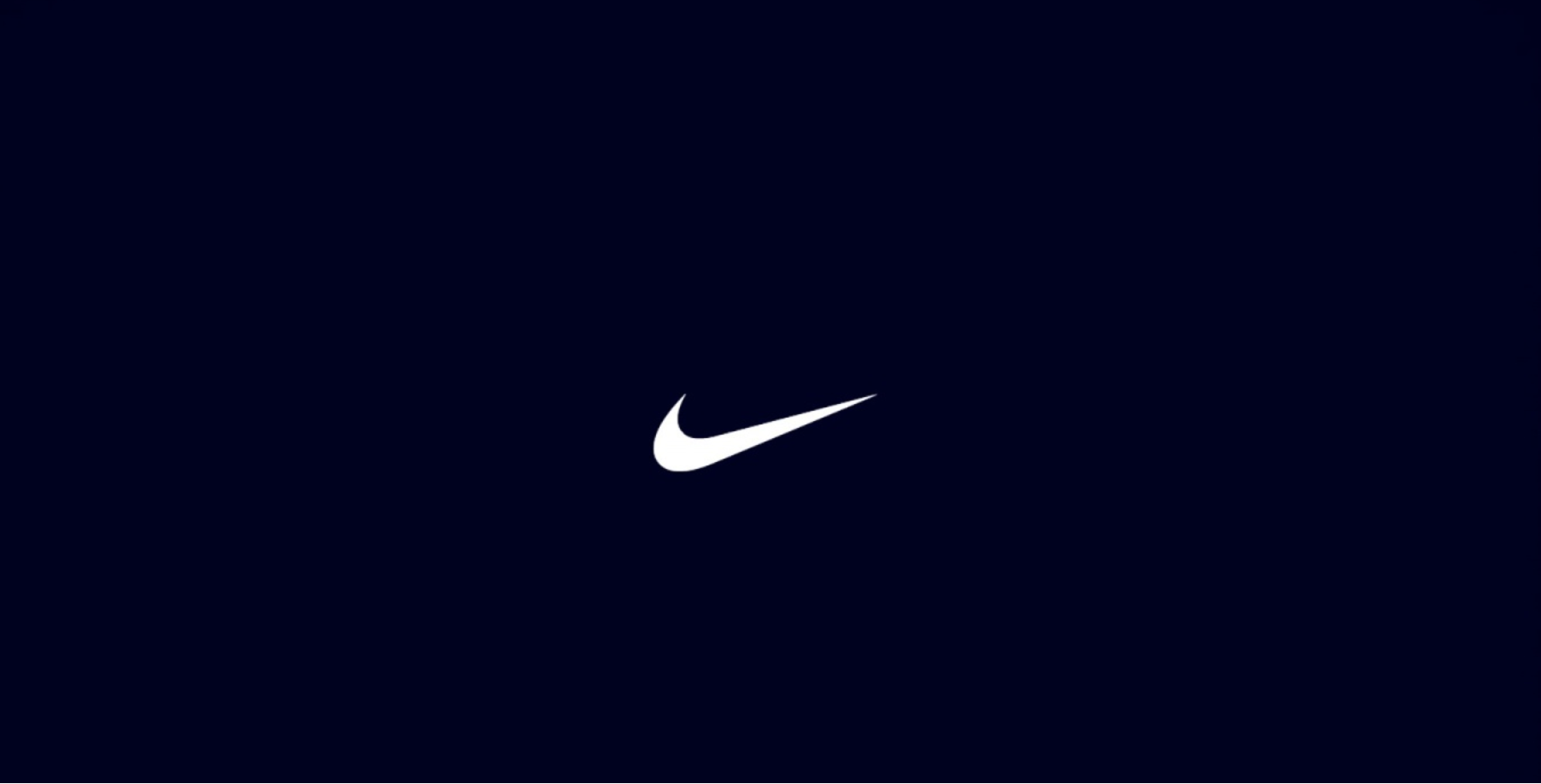
How To Choose A Logo?Branding

Salt HorsePackaging Design

MinSkinPackaging Design
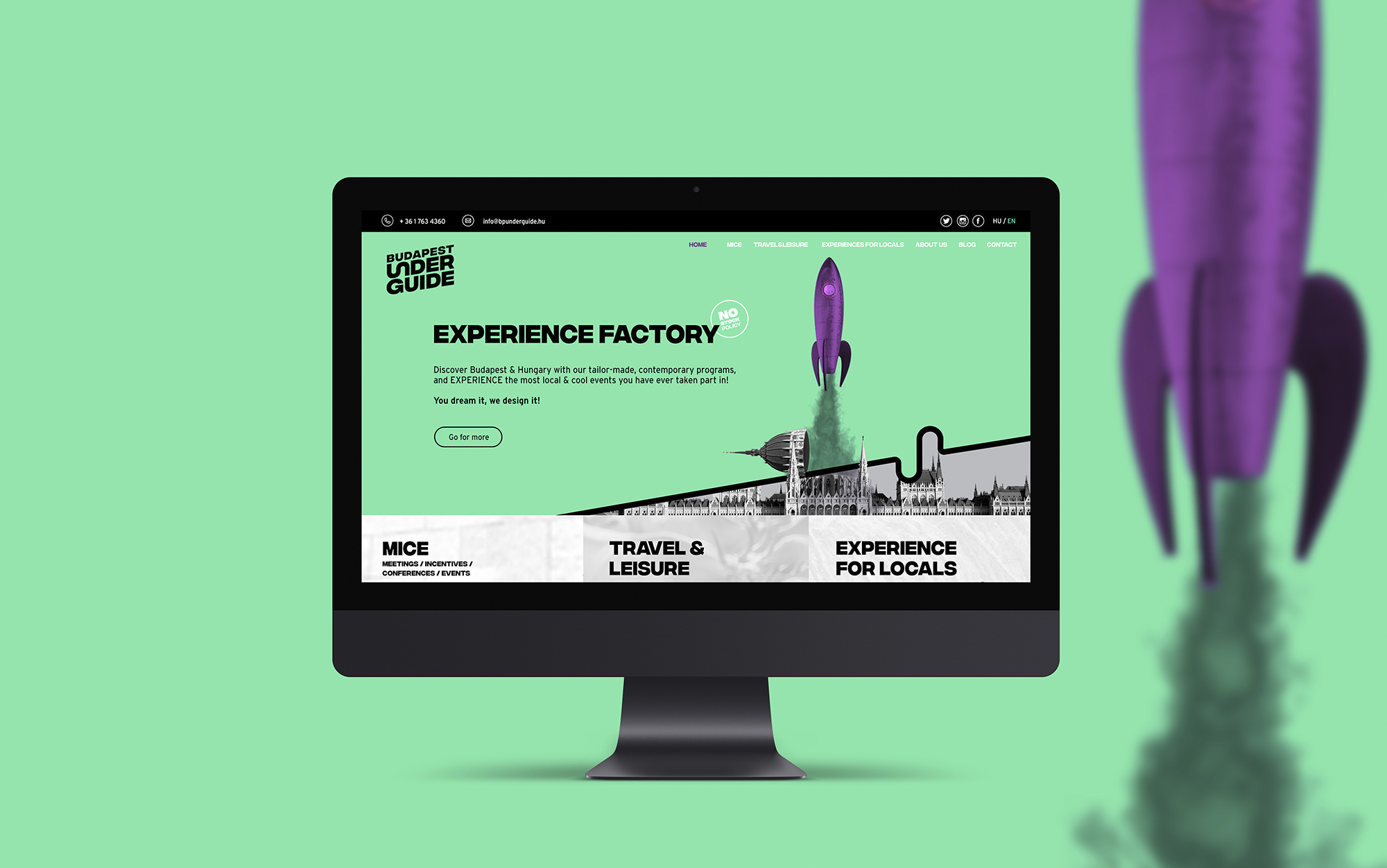
UnderguideWebdesign
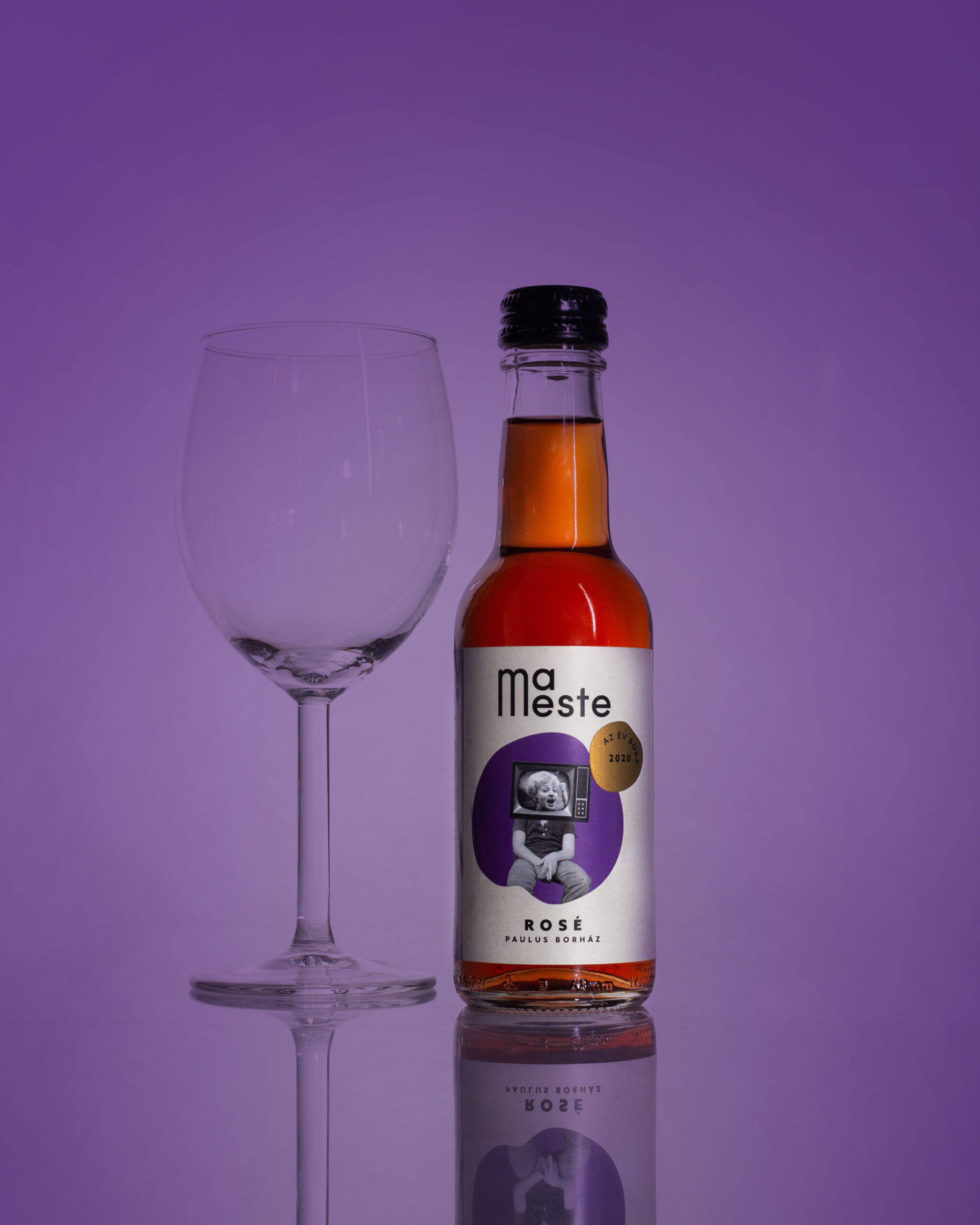
MaestePackaging Design

JanaanPackaging Design

SQADFashion Design

Galamb TailoringProject type

CogoFashion Design

MerakiFashion Design
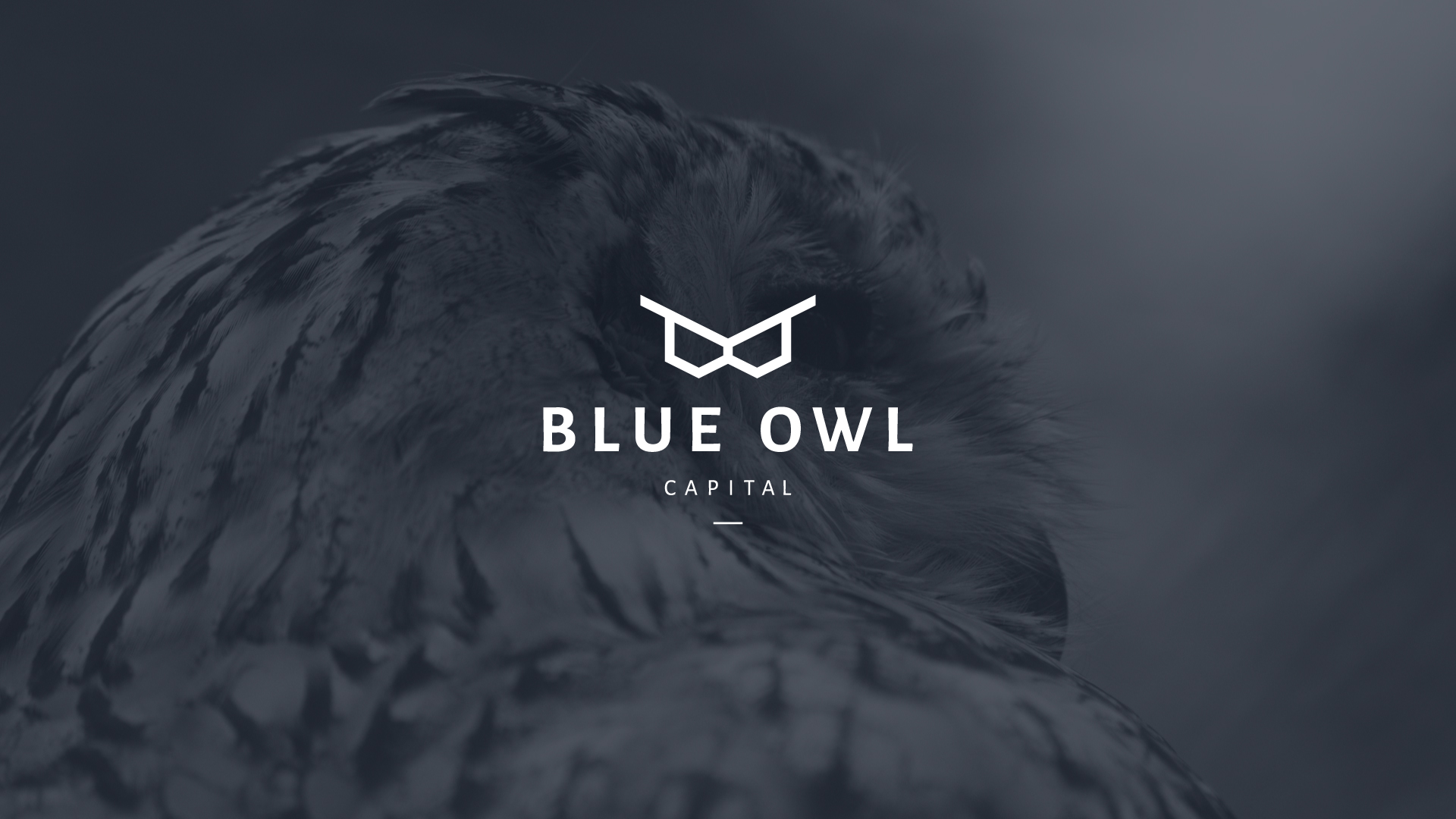
Blue OwlCorporate Design

Stone ConceptCorporate Design

SentioCorporate Design
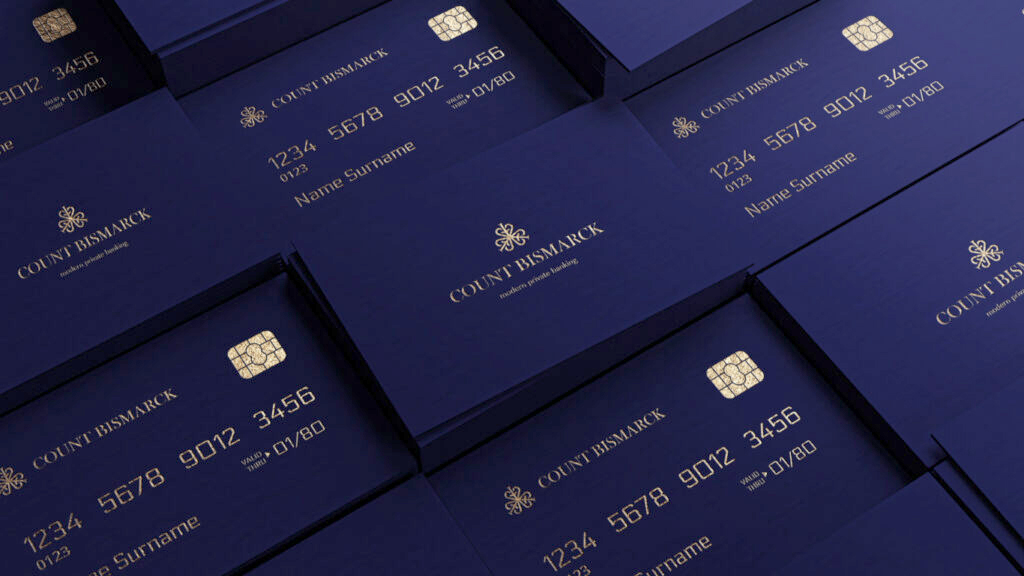
Count BismarkCorporate Design

BrunoHospitality Design

Vin.VinHospitality Design

Made In ChinaHospitality Design

BirdiesHospitality Design

NaomiHospitality Design

Equity PointHospitality Design
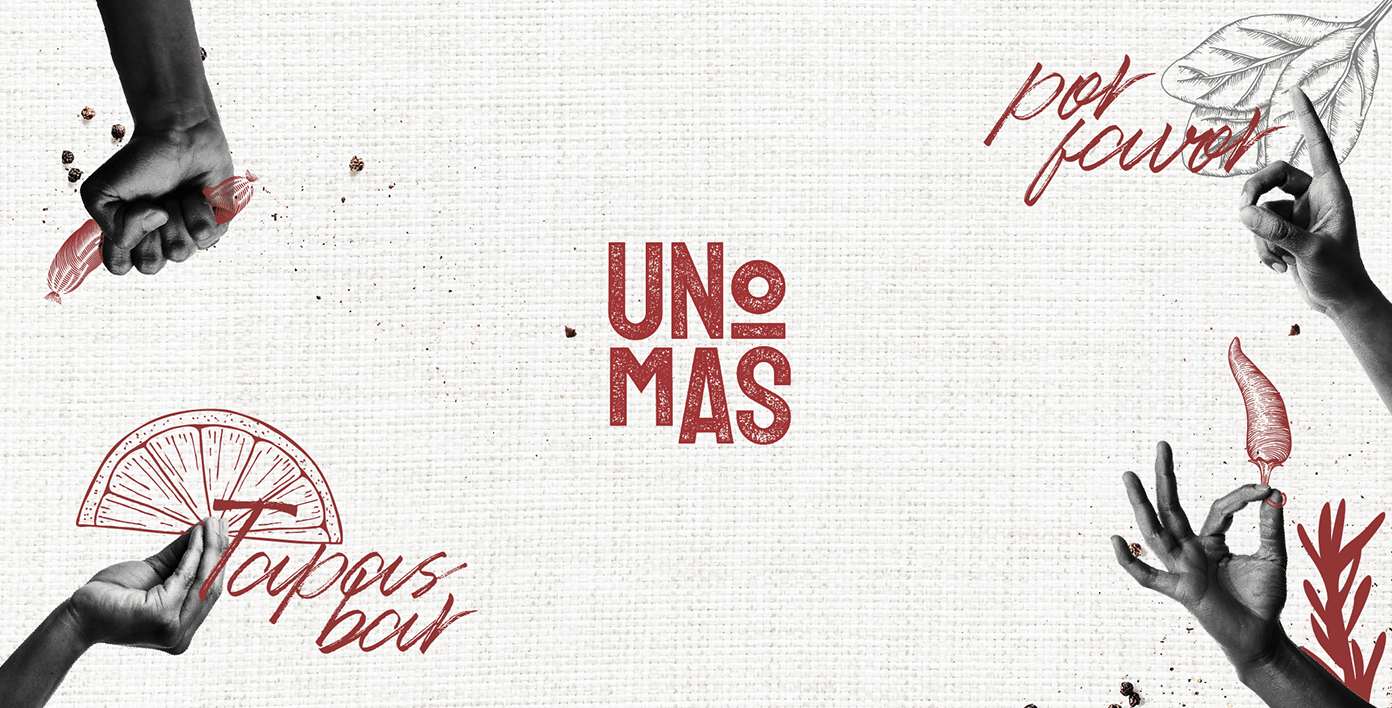
Uno MasHospitality Design
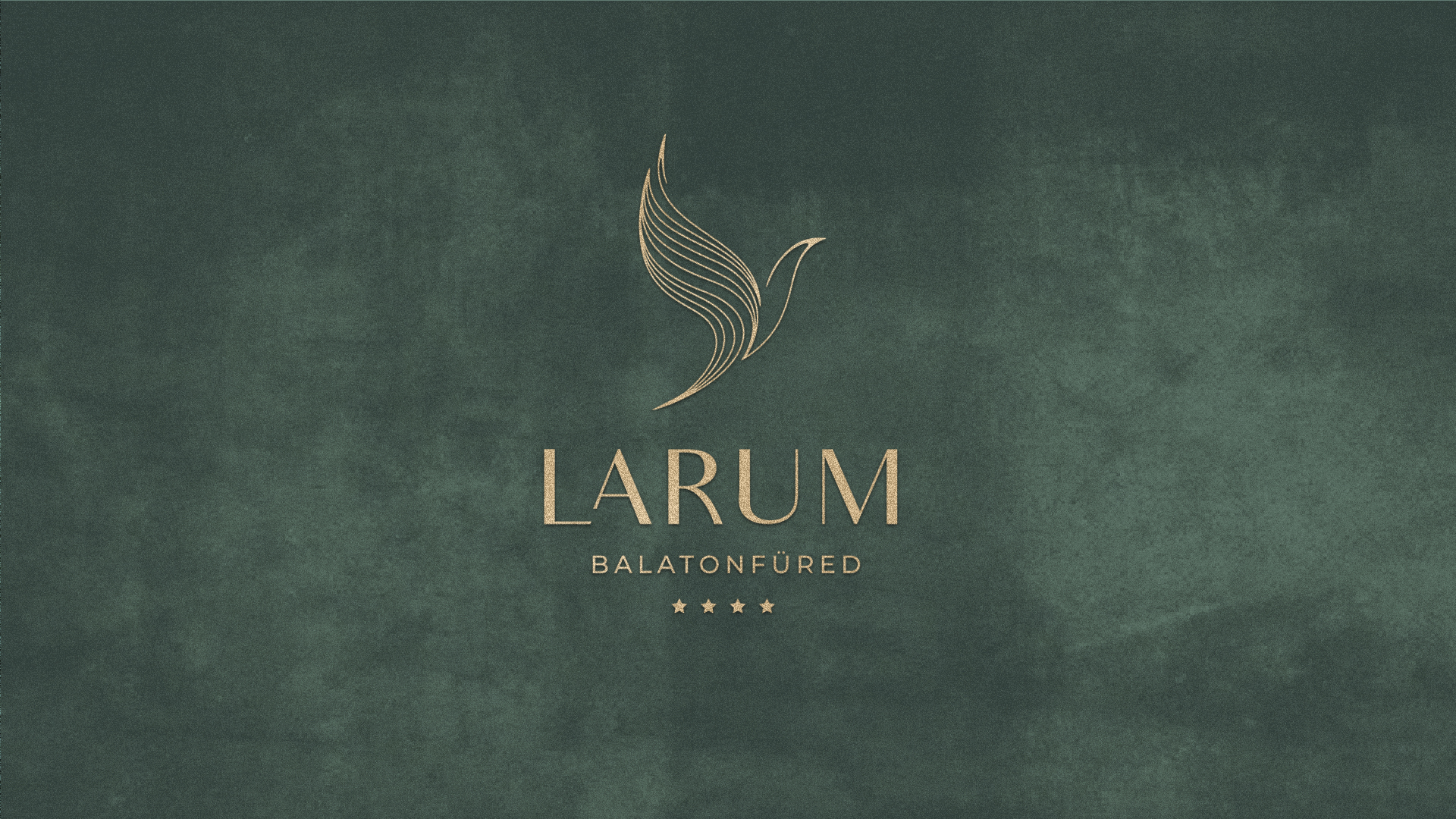
My first projectProject type





